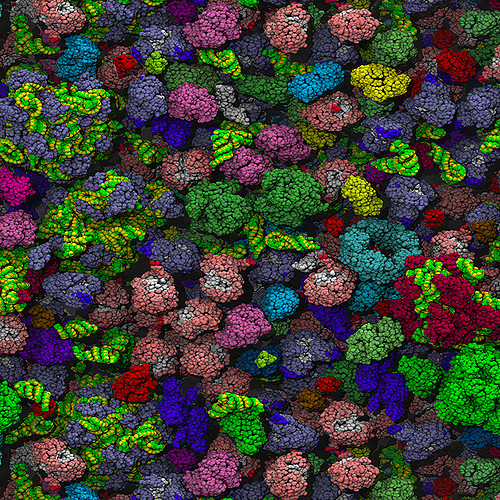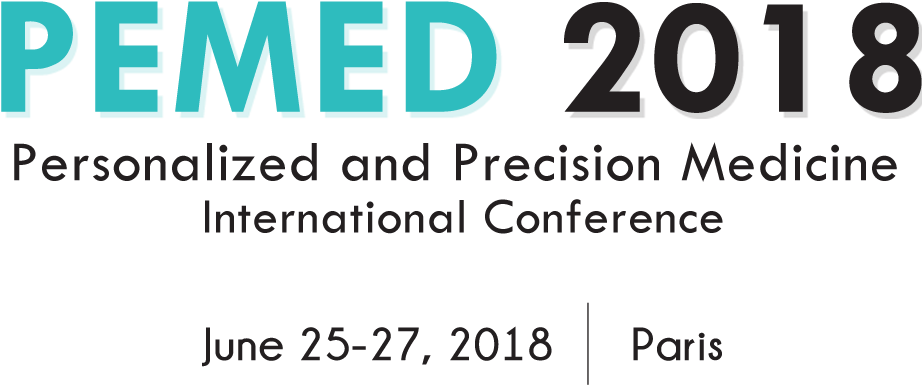Nutrition should be part of healing and wellbeing:
PRECISION NUTRITION is the link between PRECISION MEDICINE, PRECISION PREVENTION and PRECISION HEALTH:
Precision nutrition should be part of medical therapy, prevention concepts and a daily healthy lifestyle, e.g. healthy aging concepts.
Take the high impact of metabolic diseases. Today, worldwide more than 400 Million people are suffering from diabetes, 2040 it will be more than 600 Million people. Precision nutrition will have a sustainable impact to reduce these growing numbers.
Hospital providers offering precision medicine should also offer precision nutrition as part of their sustainable outcome-oriented medical therapy concepts. Precision nutrition should be part of the normal daily diet to prevent and reduce the beside diseases we see typically in metabolic diseases.
We will see a full new precision medicine – precision nutrition – precision health value-chain which will also include new food logistics as food delivery services of precision nutrition directly to the patient at home by surrounding restaurants as well as cooking classes for precision nutrition integrating an individualized world map of food.
PRECISION NUTRITION is a necessary part of PRECISION MEDICINE, and of PRECISION PREVENTION in particular.
Following the Wikipedia definition of Precision Medicine (as of June 2017), Precision Nutrition is a medical model that proposes the customization of nutrition, with nutritional decisions, practices, or products being tailored to the individual. In this model, diagnostic testing is often employed for selecting appropriate and optimal nutritional components based on biomarkers, including the individual’s genetics, or the results of other molecular or cellular analyses. Examples are:
- the specific selection of anti-inflammatory food, including food rich in omega-3 fatty acids (Bouwens et al, 2009, Collerton et al, 2012, von Schacky 2014, Stepanova et al 2015, Minihane et al 2016),
- the specific selection of omega-3 fatty acids for people with a low omega-3 index (von Schacky 2014),
- the specific selection of immune-stimulatory supplements (e.g., Kwak et al 2012), and
- the specific recommendation of zinc and/or phytochemicals to prevent macular degeneration, based on genetic data (Rojas-Fernandez et al 2017).
Precision Nutrition research thus delivers a set of interventions that are easy to adopt to prevent disease and compress morbidity (Özdemir and Kolker 2016, Fuellen et al 2016):
- food and nutritional supplements are, next to exercise, the safest interventions imaginable,
- personalized, biomarker-based nutritional interventions are designed “just for you”, with a high degree of compliance,
- many nutritional interventions are time-tested, and positive results are supported by observational studies, and
- most nutritional interventions are inexpensive and readily available.
Then again, Precision Nutrition is challenging for several reasons (Celis-Morales et al, 2016, Özdemir and Kolker 2016):
- there are almost no systematic intervention studies available yet, and some of the few already done were not conclusive,
- the effects of nutrition on biomarkers of health tend to be small, requiring large numbers of people being studied for significant results,
- the ultimate demonstration of long-term positive outcomes requires long followup times, and
- the study of the (synergistic) interaction of biomarker-based nutritional interventions is in its infancy.
Nevertheless, Precision Nutrition should be part of medical therapy concepts, prevention and just normal health live, e.g. healthy aging concepts.
Taking the high impact of metabolic diseases, worldwide more than 400 Million people are suffering from diabetes. 2040 more than 600 Million people are estimated to have diabetes. Precision Nutrition can have a sustainable impact to reduce these growing numbers.
Hospital Providers offering Precision Medicine should also offer Precision Nutrition as part of their sustainable outcome-oriented medical therapy concepts. Then, Precision Nutrition should become part of the normal daily live to prevent and reduce the morbidity we see typically in metabolic diseases.
We will see a full new Precision Medicine – Precision Prevention – Precision Nutrition value-chain which will also include a new food logistic chain integrating new concepts of food delivery services of precision nutrition directly to the patient at home by surrounding restaurants and cooking classes for precision nutrition, all integrating into the food supply chain.
- The first success stories of Precision Nutrition are becoming available (e.g., Rojas-Fernandez et al, 2017).
- The first well-validated biomarkers of health (biological age) are available (Horvarth 2013, Weidner et al 2014, Lin et al 2016).
- We must conduct large-scale systematic Precision Nutrition studies now (Fuellen et al 2016, Justice et al 2016).
We must gain an understanding of how and why Precision Nutrition works, in molecular terms (Fuellen et al 2016).
References:
- Bouwens, M. et al. Fish-oil supplementation induces antiinflammatory gene expression profiles in human blood mononuclear cells. Am J Clin Nutr 90, 415-424, doi:10.3945/ajcn.2009.27680 (2009).
- Collerton, J. et al. Frailty and the role of inflammation, immunosenescence and cellular ageing in the very old: cross-sectional findings from the Newcastle 85+ Study. Mech Ageing Dev 133, 456-466, doi:10.1016/j.mad.2012.05.005 (2012).
- von Schacky, C. Omega-3 index and cardiovascular health. Nutrients 6, 799-814, doi:10.3390/nu6020799 (2014).
- Stepanova, M., Rodriguez, E., Birerdinc, A. & Baranova, A. Age-independent rise of inflammatory scores may contribute to accelerated aging in multi-morbidity. Oncotarget 6, 1414-1421, doi:10.18632/oncotarget.2725 (2015).
- Minihane, A. M. Impact of Genotype on EPA and DHA Status and Responsiveness to Increased Intakes. Nutrients 8, 123, doi:10.3390/nu8030123 (2016).
- Kwak, J. H. et al. Beneficial immunostimulatory effect of short-term Chlorella supplementation: enhancement of natural killer cell activity and early inflammatory response (randomized, double-blinded, placebo-controlled trial). Nutr J 11, 53, doi:10.1186/1475-2891-11-53 (2012).












